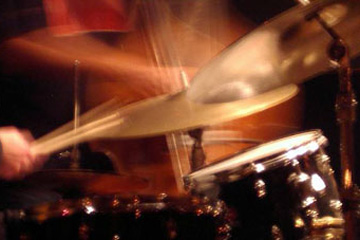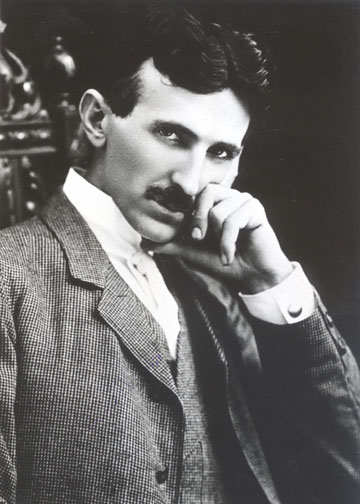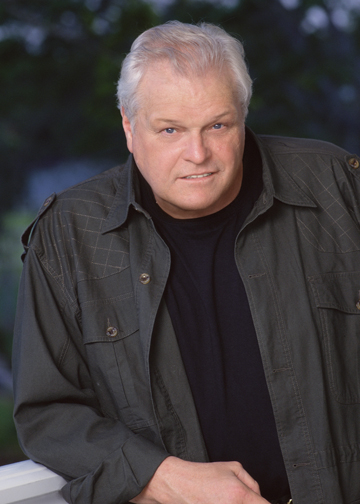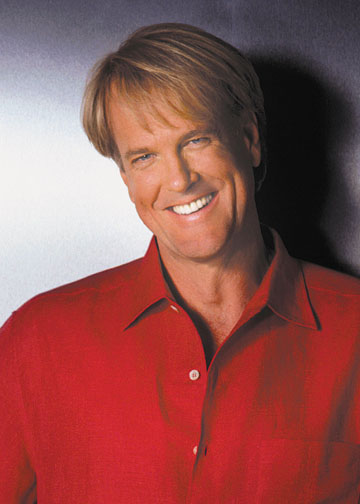|
|
The longer I live the more beautiful life becomes.
- Frank Lloyd Wright (1868-1959)
Today is Wednesday - July 9th, 2025
On This Day In History:
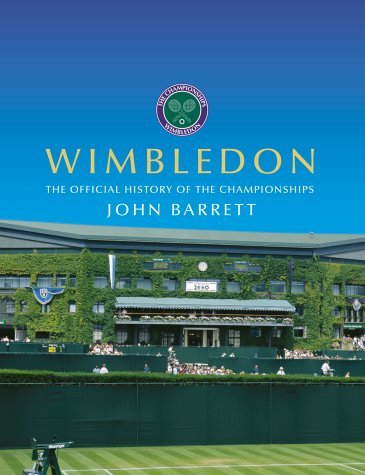
1877 - The First Championships at Wimbledon
n July 9, 1877, the All England Croquet and Lawn Tennis Club begins its first lawn tennis tournament at Wimbledon, then an outer-suburb of London. Twenty-two amateurs showed up to compete in the Gentlemen's Singles tournament, the only event at the first Wimbledon. The tournament champion was Spencer Gore, age 27. In the final match, in front of an audience of 200, it took Gore all of 48 minutes to defeat William Marshall in straight sets and take home a 25-guinea trophy.
Tennis has its origins in a 13th-century French handball game called jeu de paume, or "game of the palm," from which developed an indoor racket-and-ball game called real, or "royal," tennis. Real tennis grew into lawn tennis, which was played outside on grass and enjoyed a surge of popularity in the late 19th century.
In 1868, the All England Club was established on four acres of meadowland outside London. The club was originally founded to promote croquet, another lawn sport, but the growing popularity of tennis led it to incorporate tennis lawns into its facilities. In 1877, the All England Club published an announcement in the weekly sporting magazine The Field that read: "The All England Croquet and Lawn Tennis Club, Wimbledon, propose [sic] to hold a lawn tennis meeting open to all amateurs, on Monday, July 9, and following days. Entrance fee pounds 1 1s 0d."
The All English Club purchased a 25-guinea trophy and drew up formal rules for tennis. It decided on a rectangular court 78 feet long by 27 feet wide; adapted the real tennis method of scoring based on a clock face--i.e., 15, 30, 40, game; established that the first to win six games wins a set; and allowed the server one fault. These decisions, largely the work of club member Dr. Henry Jones, remain part of the modern rules.
Twenty-two men registered for the tournament, but only 21 showed up on July 9 for its first day. The 11 survivors were reduced to six the next day, and then to three. Semifinals were held on July 12, but then the tournament was suspended to leave the London sporting scene free for the Eton vs. Harrow cricket match played on Friday and Saturday. The final was scheduled for Monday, July 16, but, in what would become a common occurrence in future Wimbledon tournaments, the match was rained out.
It was rescheduled for July 19, and on that day some 200 spectators paid a shilling each to see William Marshall, a Cambridge tennis "Blue," battle W. Spencer Gore, an Old Harrovian racket player. In a final that lasted only 48 minutes, the 27-year-old Gore dominated with his strong volleying game, crushing Marshall, 6-1, 6-2, 6-4. At the second Wimbledon in 1878, however, Gore lost his title when his net-heavy game fell prey to a innovative stroke developed by challenger Frank Hadow: the lob.
In 1884, the Lady's Singles was introduced at Wimbledon, and Maud Watson won the first championship. That year, the national men's doubles championship was also played at Wimbledon for the first time after several years at Oxford. Mixed doubles and women's doubles were inaugurated in 1913. By the early 1900s, Wimbledon had graduated from all-England to all-world status, and in 1922 the All England Lawn Tennis and Croquet Club, as it was then known, moved to a large stadium on Church Road. In the 1950s, many tennis stars turned professional while Wimbledon struggled to remain an amateur tournament. However, in 1968 Wimbledon welcomed the pros and quickly regained its status as the world's top tennis tournament.
The Wimbledon Championships, the only major tennis event still played on grass, is held annually in late June and early July.
|
Celebrating Birthdays Today:
|
What Happened on Your Special Day?
I became a fan of "today in history" information when I was very young. My father had a calendar that he had put together of "reasons to celebrate". If anybody asked "what are we celebrating?" my father could check his book and come up with a reason to celebrate for any day of the year. Charlie Chaplin's birthday, Buster Keaton's birthday, the anniversary of the opening of the Golden Gate Bridge, for every day of the year, my father's calendar had some interesting historical event that had occurred.
With this page I have tried to continue the tradition. Generally, I prefer to include birthdays and anniversaries of positive, uplifting, life affirming people and events that have had particular significance in my life. It's here because it was important to me.
I am trying to continually update with links from stories to other relevant sites. Check back regularly for a story on something interesting that happened on this day in history.
There are many, many, sites out there that have a lot of "this day in history" information. Many are not so great, full of inaccurate information and "negative vibes". However, there are a few that are really fabulous. Here are links to a few of my favorites. These sites feature "Today in History" stories for today, and some include archives that will enable you to look up information for any other date in history that is special to you:
This Day in History
The History Channel tells you what happened in Automotive, Civil War, Cold War, Crime, Entertainment, General Interest, Literary, Old West, Vietnam War, Wall Street, and World War II history for today or any day.
Life Magazine Covers
Life offers a look at covers from this day in history.
New York Times: On This Day
Lists events which occurred on each month and day of the year throughout history. Links to New York Times articles on the events when available.
Today in History
Stories and pictures from the American Memory historical collections of the U.S. Library of Congress.
The Internet Movie Database
The Internet Movie Database claims itself to be the biggest, best, most award-winning movie site on the planet. I'm not sure if it really is, but it is huge and has TONS of info on even the most obscure films, movies stars, directors, producers, etc. If it is motion picture related, you can probably find out something about it at this site.
|
|

